The aromatic allure of Thai cuisine is unmistakable, and at the heart of many beloved dishes lies the vibrant essence of lemongrass. Among these, Tom Yum Goong, the iconic spicy and sour soup, owes much of its distinctive flavor to this humble herb. In recent years, the extraction of lemongrass essential oil has gained significant attention, not just for culinary applications but also for its therapeutic and aromatic properties. The process of capturing this essence is as intricate as the flavors it imparts, blending traditional knowledge with modern techniques.
Lemongrass, known scientifically as Cymbopogon citratus, thrives in tropical climates, with Thailand being one of its prime cultivators. The plant's long, slender leaves are rich in citral, a compound responsible for its citrusy aroma and flavor. To extract the essential oil, the leaves undergo a meticulous process that begins with harvesting at peak maturity, typically early in the morning when the oil content is highest. The leaves are then cleaned and chopped to increase the surface area for distillation.
The most common method of extraction is steam distillation, a technique that has been refined over centuries. In this process, steam is passed through the chopped lemongrass, causing the essential oil to evaporate. The steam and oil vapor are then condensed back into a liquid, with the oil floating atop the water due to its lighter density. This method preserves the delicate chemical profile of the oil, ensuring that its therapeutic and aromatic qualities remain intact. The result is a potent, golden-hued oil with a fresh, citrusy scent that is unmistakably lemongrass.
Beyond its culinary uses, lemongrass essential oil has found a place in aromatherapy and natural medicine. Its antiseptic and anti-inflammatory properties make it a popular choice for treating minor cuts, insect bites, and even muscle pain. The oil is also revered for its ability to reduce stress and anxiety, often used in diffusers or diluted in carrier oils for massage. In Thailand, it’s not uncommon to find lemongrass oil incorporated into traditional remedies, a testament to its enduring cultural significance.
The global demand for lemongrass essential oil has surged, driven by a growing preference for natural and organic products. This has spurred innovations in extraction techniques, including cold pressing and solvent extraction, though steam distillation remains the gold standard for quality. Small-scale farmers in Thailand have also begun to adopt sustainable practices, ensuring that the cultivation and extraction processes are environmentally friendly. This shift not only preserves the ecosystem but also enhances the marketability of the oil as consumers become more eco-conscious.
However, the journey from field to bottle is not without challenges. The volatility of essential oil prices, coupled with the labor-intensive nature of extraction, poses hurdles for producers. Additionally, maintaining consistency in oil quality requires stringent control over every step, from soil health to distillation parameters. Yet, for many Thai farmers and distillers, the effort is worthwhile, as lemongrass oil represents both a cultural heritage and a lucrative commodity.
In the realm of gastronomy, chefs and home cooks alike continue to explore the versatility of lemongrass essential oil. A few drops can elevate a dish, infusing it with the bright, tangy notes characteristic of Thai cuisine. It’s particularly prized in vegan and gluten-free cooking, where it adds depth without the need for artificial flavorings. Some avant-garde chefs have even begun experimenting with the oil in desserts, pairing its citrusy profile with sweet elements for unexpected yet delightful results.
As the world rediscovers the value of traditional ingredients, lemongrass essential oil stands out as a bridge between the past and the present. Its story is one of resilience and adaptation, mirroring the broader narrative of Thai culture. Whether in a steaming bowl of Tom Yum Goong, a soothing massage blend, or an innovative culinary creation, the essence of lemongrass continues to captivate and inspire.
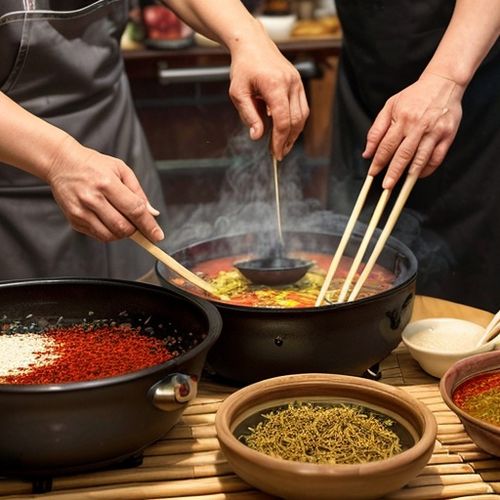
By Samuel Cooper/May 10, 2025

By Grace Cox/May 10, 2025
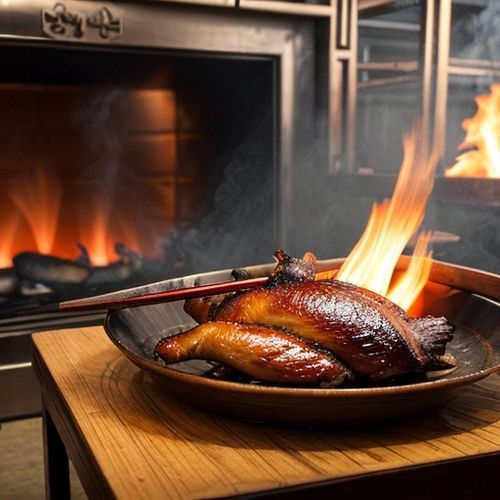
By John Smith/May 10, 2025
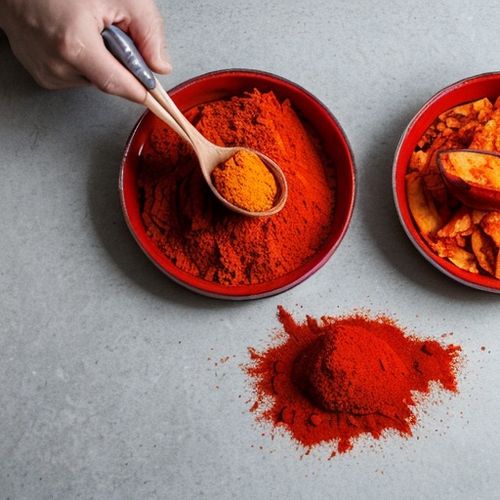
By Michael Brown/May 10, 2025
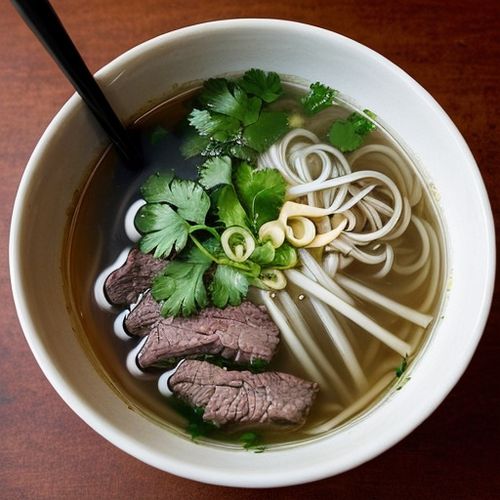
By George Bailey/May 10, 2025
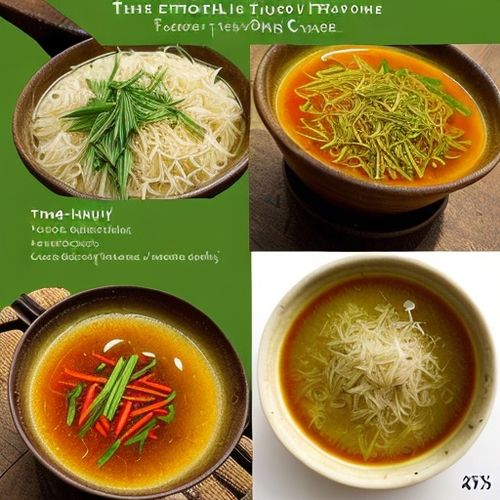
By Lily Simpson/May 10, 2025

By Emma Thompson/May 10, 2025
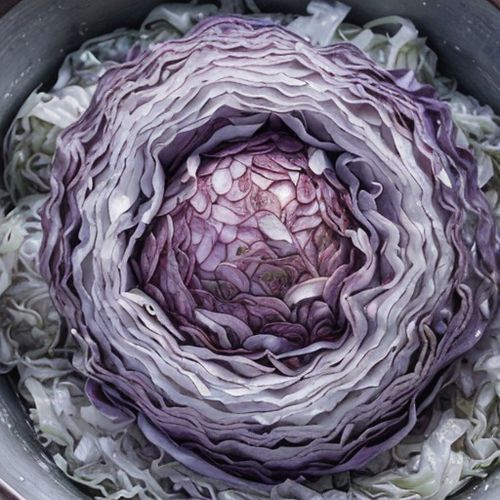
By Emily Johnson/May 10, 2025
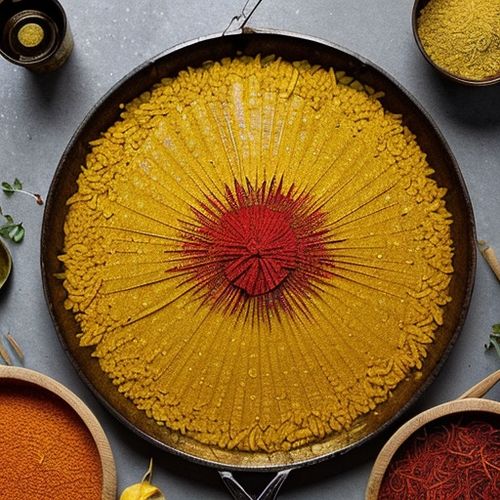
By Joshua Howard/May 10, 2025
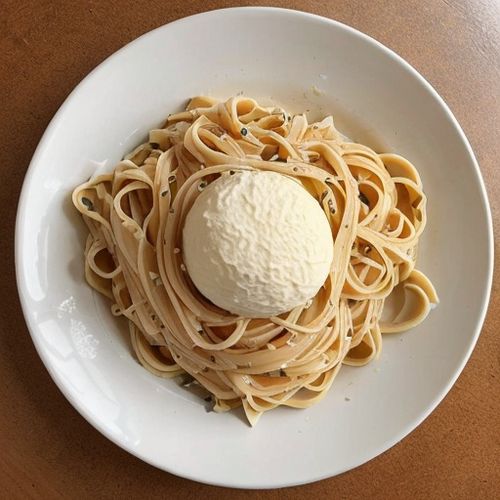
By Eric Ward/May 10, 2025
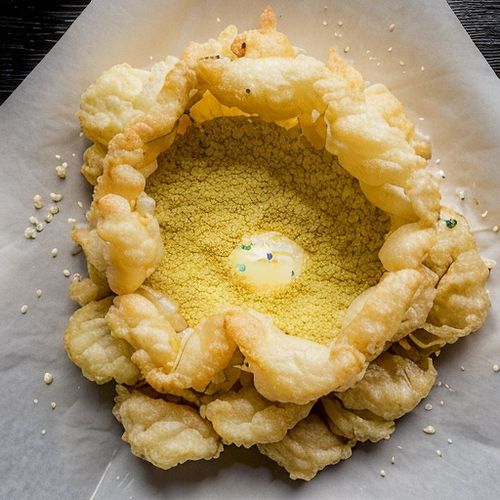
By Benjamin Evans/May 10, 2025

By Christopher Harris/May 10, 2025
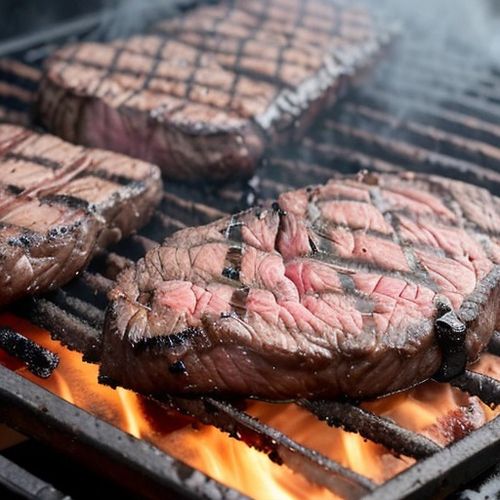
By John Smith/May 10, 2025

By Elizabeth Taylor/May 10, 2025
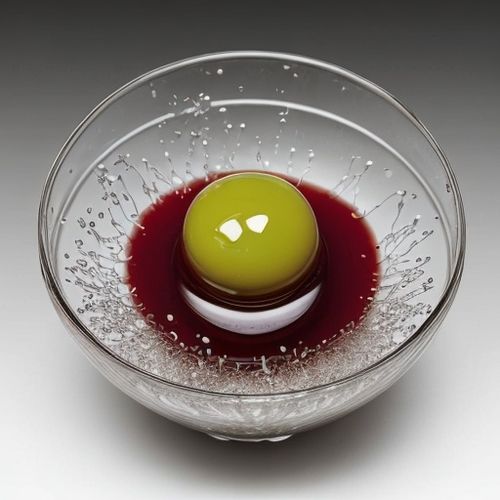
By Grace Cox/May 10, 2025